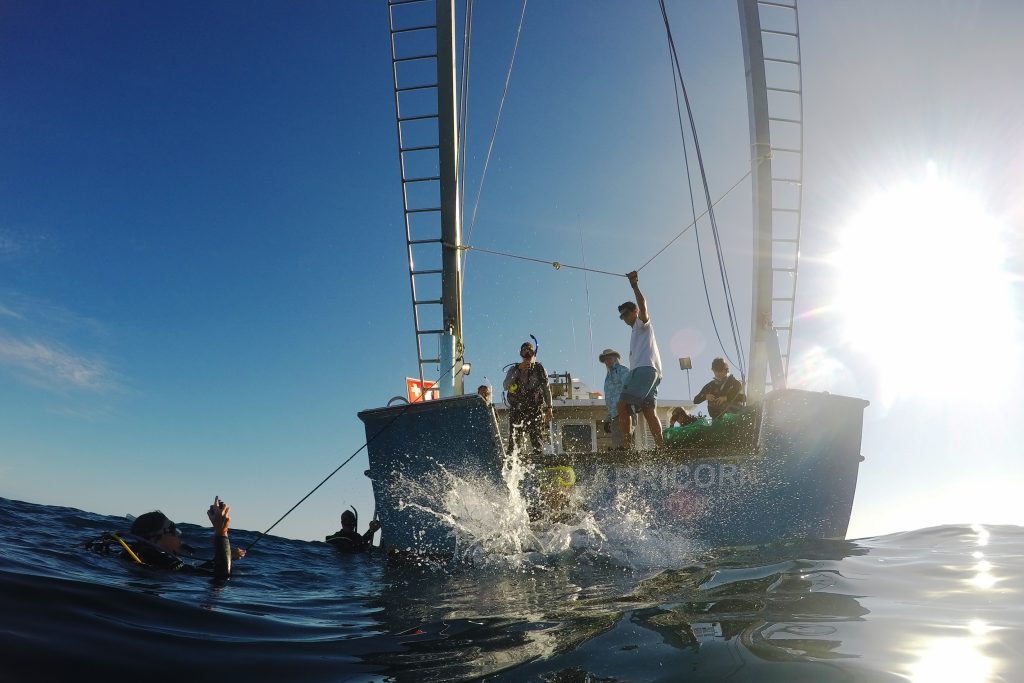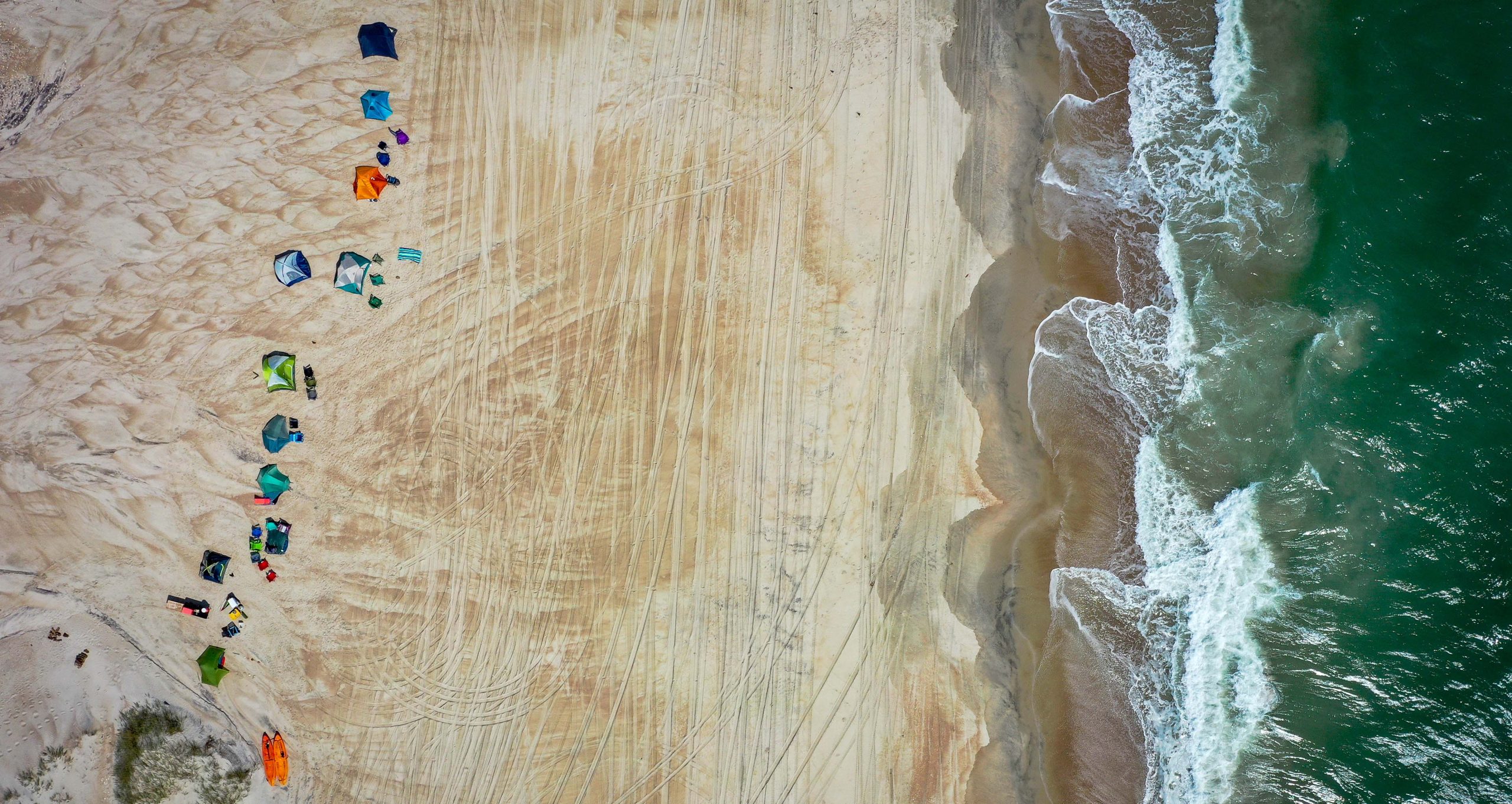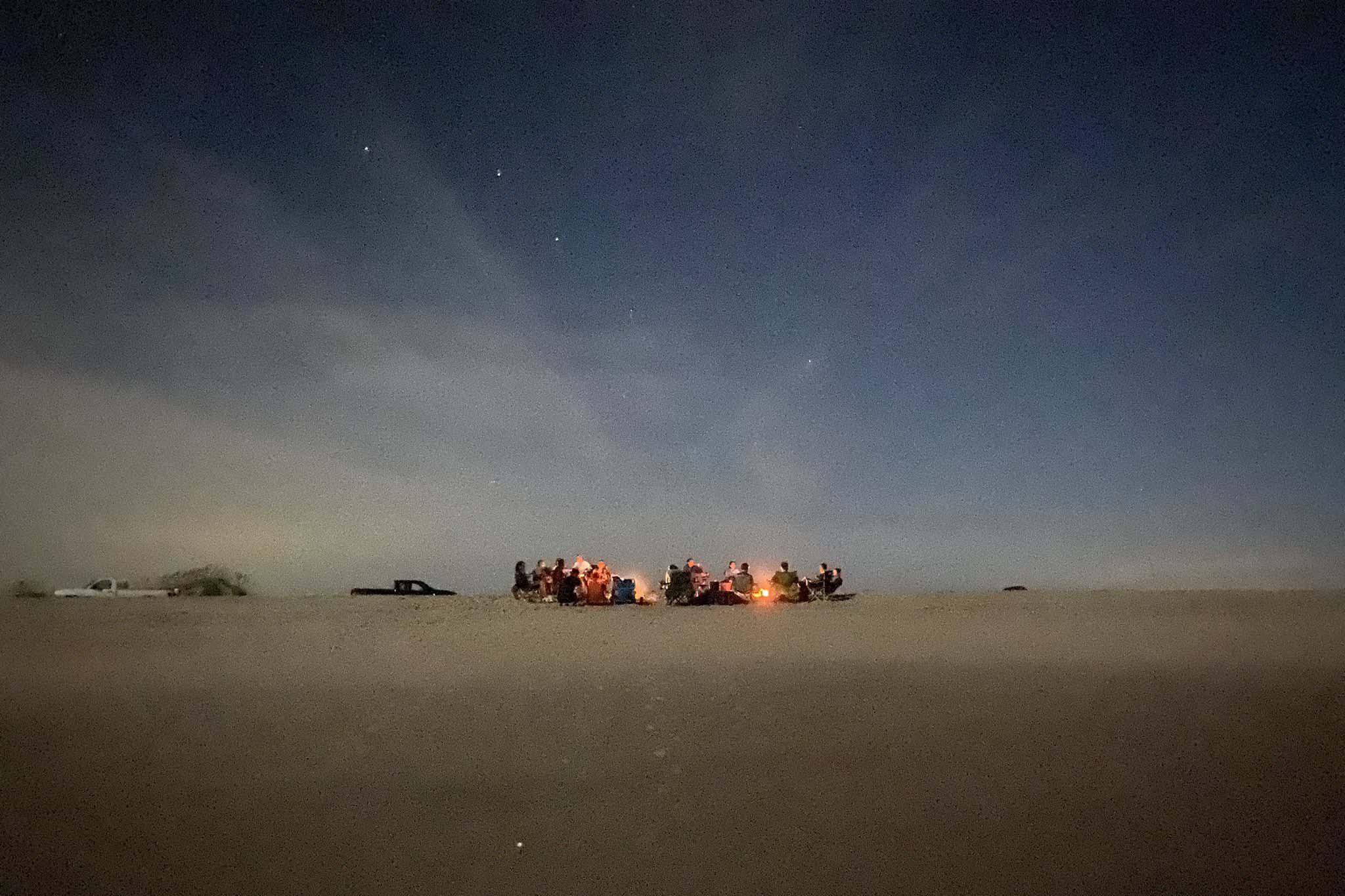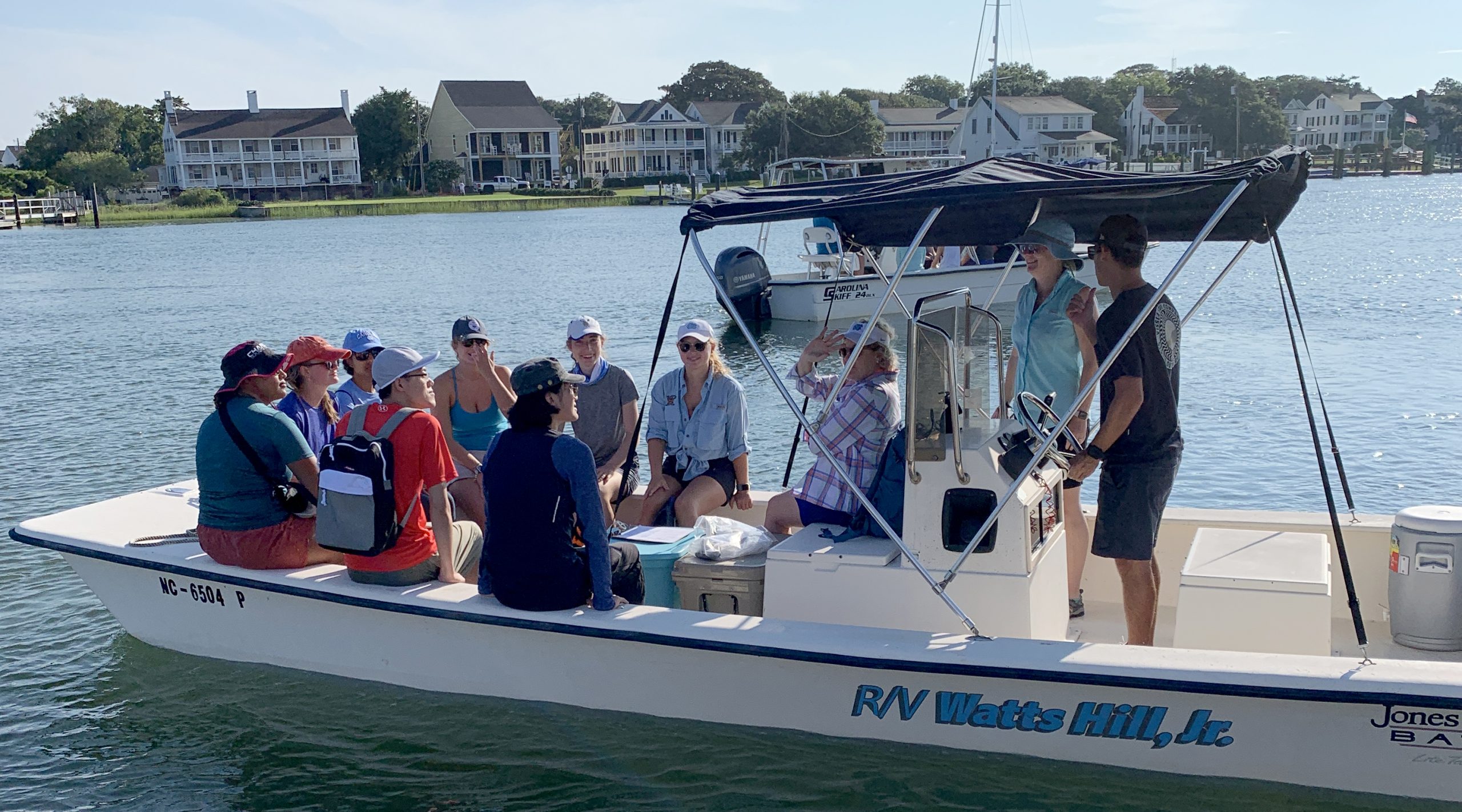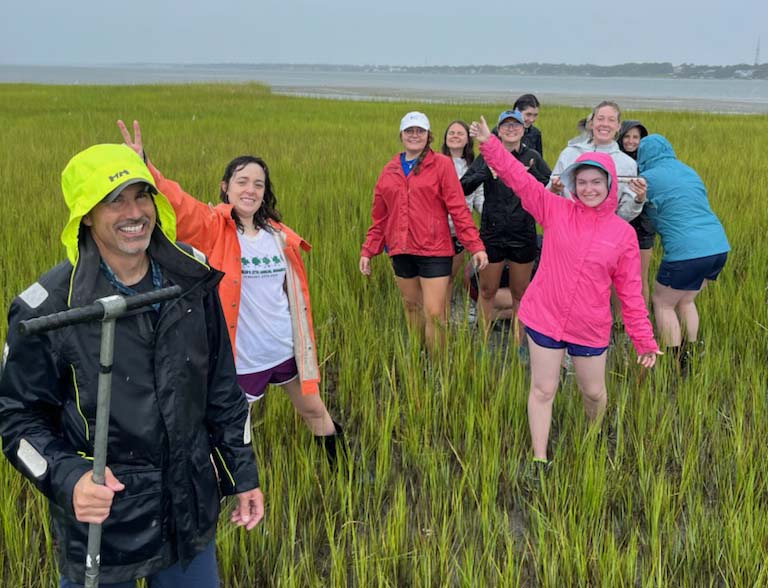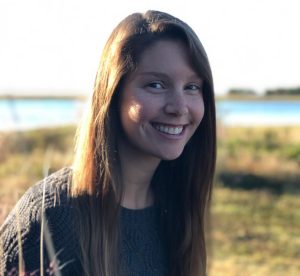“I really don’t know where I would be without the field site. Everything about my professional career has been centered around the field site and what it did for me.”
Read more.
Morehead City Field Site
Location
The Institute for the Environment’s Morehead City Field Site (MCFS) is located at the UNC Institute of Marine Sciences (IMS) in Morehead City, North Carolina. IMS is strategically located in North Carolina’s central coastal region on 6.5 acres of waterfront property on Bogue Sound. The region is rich in estuarine and wetland habitats and includes the large embayments (e.g., Core, Pamlico and Albemarle Sounds) and estuaries (e.g. Neuse and Newport) that are typical of North Carolina’s coast and tied to much of its seafood production.
Field study opportunities will take students to nearby coastal areas, with a focus on nearby estuaries such as Bogue, Back, and Core Sounds. This area contains iconic oyster reef, salt marsh, and seagrass habitats, which have been the subject of extensive research led by faculty at IMS over the last 75 years. Deployment of field site boats permits the students to gain access and directly interact with the local rivers, creeks, estuaries and coastal areas, as well as the ecologically significant Cape Hatteras and Cape Lookout areas.
Timing
Currently, the MCFS is only offered during the fall semester.
Award Opportunities
Please visit the Institute’s Internships + Awards page for more information on these awards.
Coursework
Students who enroll at the MCFS take the following courses:
- ENEC 204: Seminar in marine issues (2 hours)
- ENEC 395: Independent Research or Honors Thesis (3 hours)
- ENEC 471: Human Impacts on Estuarine Processes (4 hours)
- ENEC 448: Estuarine and Coastal Marine Ecology (4 hours)
- ENEC 698: Capstone (3 hours)
Faculty
All faculty at IMS participate in teaching and mentoring field site students at the MCFS. In particular:
- ENEC 471, Human Impacts on Estuarine Processes is Processes is taught by Rachel Noble with guest lectures from Nathan Hall, Tony Rodriguez, Johanna Rosman and Hans Paerl.
- ENEC 448, Estuarine and Coastal Marine Ecology is taught by Joel Fodrie
- ENEC 204, ENEC 698 and ENEC 395 are coordinated by Janet Nye, Niels Lindquist, Johanna Rosman, Nathan Hall, Tony Rodriguez, and Rachel Noble but involve all faculty members at IMS.
Previous Capstone Projects
- 2020 – Quantifying the effectiveness of wetland restoration in a tidally dominated system
- 2019 – An Integrated Assessment of Water Quality in Town Creek, an Estuary in Beaufort, North Carolina
- 2018 – A Multifaceted Analysis of Quality within the Atlantic Beach, NC Canal System
- 2017 – A Multifaceted Analysis of Quality within the Atlantic Beach, NC Canal System
Contact Information
For more information about the MCFS, please contact Antonio Rodriguez at (252) 726-6841 ext 140 or via email rodriguez@unc.edu.
Field Site Blog
